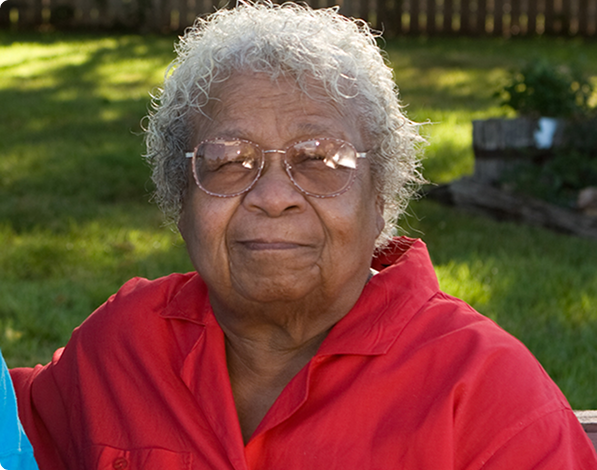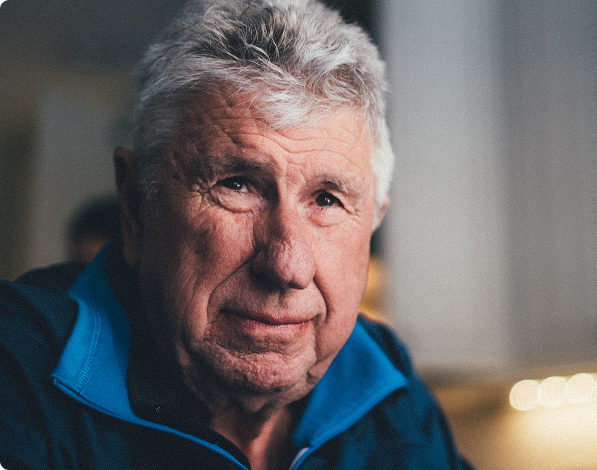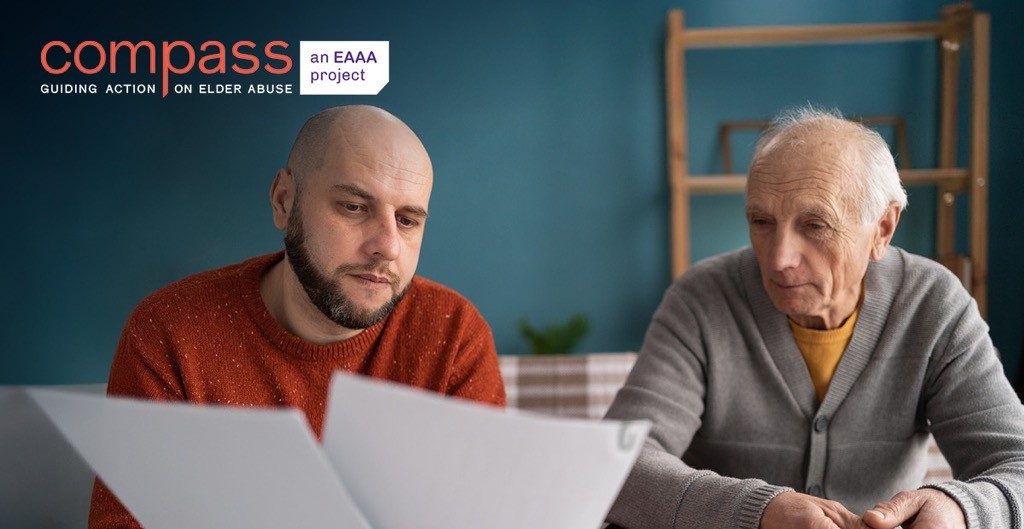ADA Law
ADA Law
About ADA Law
What we do
What we do
Client Directed
Our services are directed by you, to help give you a louder voice.

We take privacy and independence seriously and can only communicate with our clients directly and the people they authorise us to talk to.
Confidential

Personal
Our services are offered face to face, where possible. We work with individuals, not ‘issues’.

Latest news and updates

Read advocacy stories
ANTHONY’S STORY
Anthony is a 28-year-old man who has had a diagnosis of Depression for 10 years. Anthony lives by himself and accesses support from family and friends, as well as community support agencies. From time to time Anthony becomes very unwell and requires hospitalisation, and sometimes Electro Convulsive Therapy (ECT). When Anthony is this unwell he does not have sufficient capacity to consent to the ECT, so his treating team must apply to the Mental Health Review Tribunal (MHRT) for permission to provide the therapy.
Legal Aid appointed ADA Law as Anthony’s legal representative, to assist him with his MHRT hearing. His legal representative is Tanya.
Anthony meets with Tanya prior to his hearing, either by phone or in person, and they discuss what his views and wishes are in relation to ECT, and what is important to Anthony. Tanya and Anthony attend his MHRT hearing and ensure his views, wishes and concerns are discussed with the Tribunal and Anthony’s treating team.

Read advocacy stories
Valerie’s Story
Valerie contacted the Older Persons Advocacy Network as she was concerned that her daughter, who is acting in the role of Attorney under an Enduring Power of Attorney (EPA) Document, was misusing her money. Valerie told the advocate that she was no longer receiving bank statements, had no idea of what was being paid, and had received a letter from one of her utility providers stating she was in arrears, which had never happened before.
Valerie was concerned that her daughter was overwhelmed by the EPA role and was unable to effectively manage the responsibility.
The advocate discussed all of the options available with Valerie. Valerie decided it would be best to revoke her Enduring Power of Attorney and appoint a new one. The advocate liaised with other services including an elder abuse specific legal service, which agreed to help Valerie revoke the EPA and write a new one. Valerie met with the lawyers, revoked her daughter as EPA and appointed a trusted friend instead. Once Valerie told her daughter about the change, her daughter revealed that she was overwhelmed by being the EPA and was relieved to not have to do it anymore. On a follow up phone call Valerie told the advocate that she was much happier now and she again felt confident with her financial management arrangements.

Read advocacy stories
Aunty Lorna’s story
Aunty Lorna explained that some of her family had moved in with her a few months ago to ‘help out’ after her stroke as she was unable to cope. She explained that even though they moved in she was still not getting any help. Aunty Lorna explained that she paid the rent, but she did not see any of her pension money anymore, as her large family used it for their needs. Aunty Lorna said that she did not want to upset her family, but she would like to have some money for herself.
Aunty Lorna was also concerned about what would happen if she became unwell, whether her family would continue to pay the rent ensuring she would have somewhere to live. The advocate explained that they could assist her to look at her options. Aunty Lorna asked if an advocate could meet with her at her respite centre on one of the days she was there, so that her family would not know. The advocate reassured Aunty Lorna they would meet where she liked, and that the advocate would also not take any action without her permission.
The advocate met with Aunty Lorna and explained that she had a right to make her own financial decisions and that she could also ask someone she trusted to make decisions for her if she felt she was unable to make them for herself, by appointing them as her Enduring Power of Attorney for financial matters. Aunty Lorna decided that she believed her oldest daughter Karen (who did not live with her) would be the best person to make the financial decisions for her, which she felt were out of her ability. The advocate supported Aunty Lorna to appoint Karen as Aunty Lorna’s Attorney, so she could protect Aunty Lorna’s financial interests. The advocate also helped Aunty Lorna arrange some home care services to ensure she was cared for.

Read advocacy stories
Ruben’s story
Ruben is a gentle natured Dutch speaking gentleman, who was living in an aged care home and was very unhappy. Ruben’s grandson Neils contacted the Older Persons Advocacy Network as he was concerned about his grandfather, claiming he had been moved into the aged care home unnecessarily and Ruben was now very isolated.
Neils explained that his Aunty Dorma (Ruben’s daughter) was using Ruben’s inability to speak English to take his money
After gaining Ruben’s permission to become involved, through the use of an interpreter, an advocate met with Ruben and Neils at the aged care home to find out what was going on. It became clear that Dorma had taken her father Ruben to the doctor and used Ruben’s language barrier to get a medical directive that Ruben no longer had decision making capacity. This enacting his Enduring Power of Attorney document granting legal access to Dorma to manage all Rubens financial and personal affairs.
Dorma had then sold Ruben’s house and moved him into an aged care home, where she asked the home to restrict access to his friends, thus isolating Ruben from people who could help him. The advocate assisted Ruben to see a GP (with an interpreter) to assess his decision-making capacity. The GP deemed him to have capacity, which enabled Ruben with the advocates help to stop Dorma accessing his money. Ruben then got a new phone and computer and has reconnected with his local friends and his family in his home country. He has also been connected to a Dutch speaking social group in the area.
Disclaimer: This website is not a substitute for individual and professional legal advice.
Newsletter signup
Sign up to receive a copy of The Advocate. Six editions a year with latest in aged care and disability advocacy news.
"*" indicates required fields


